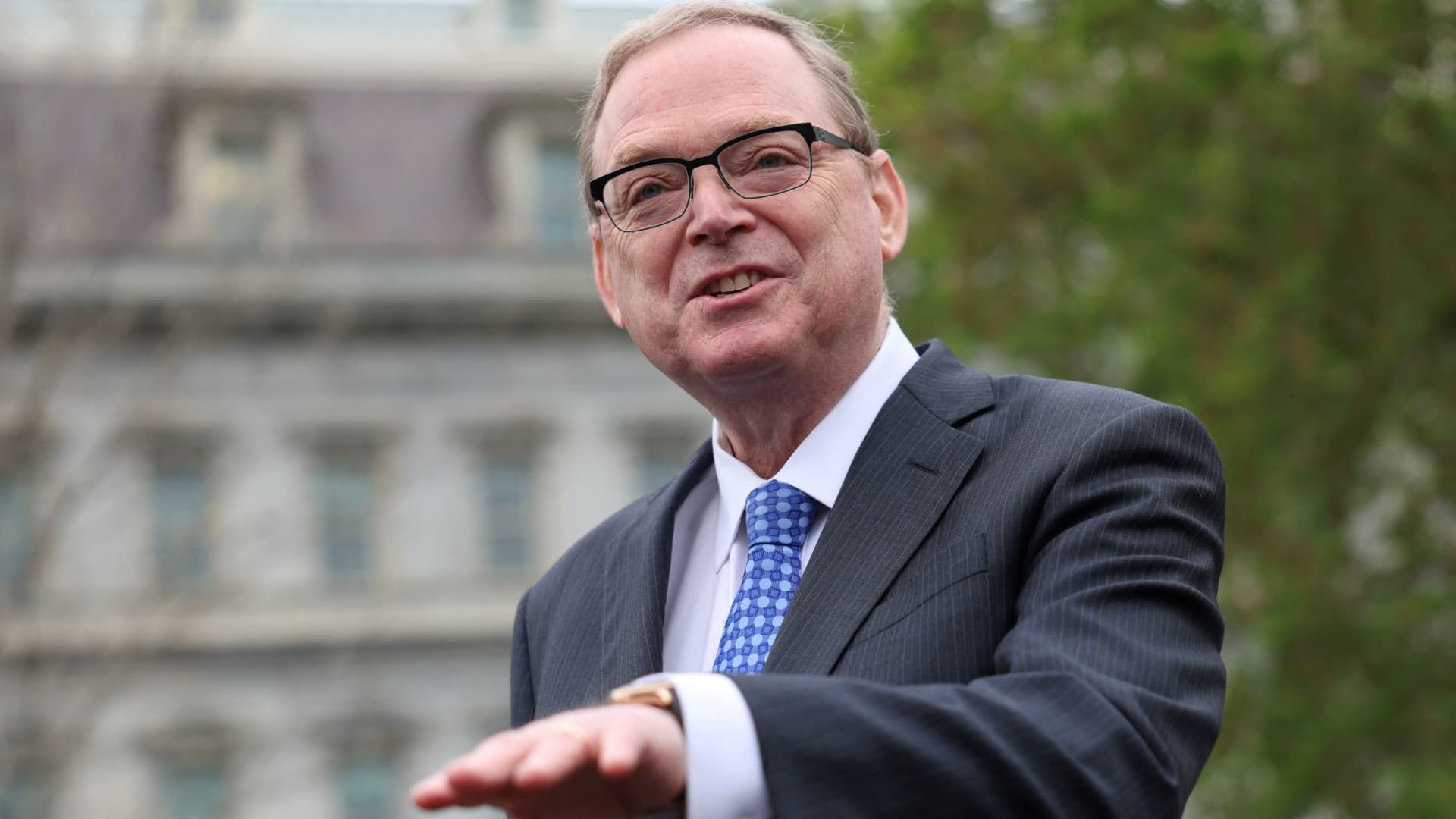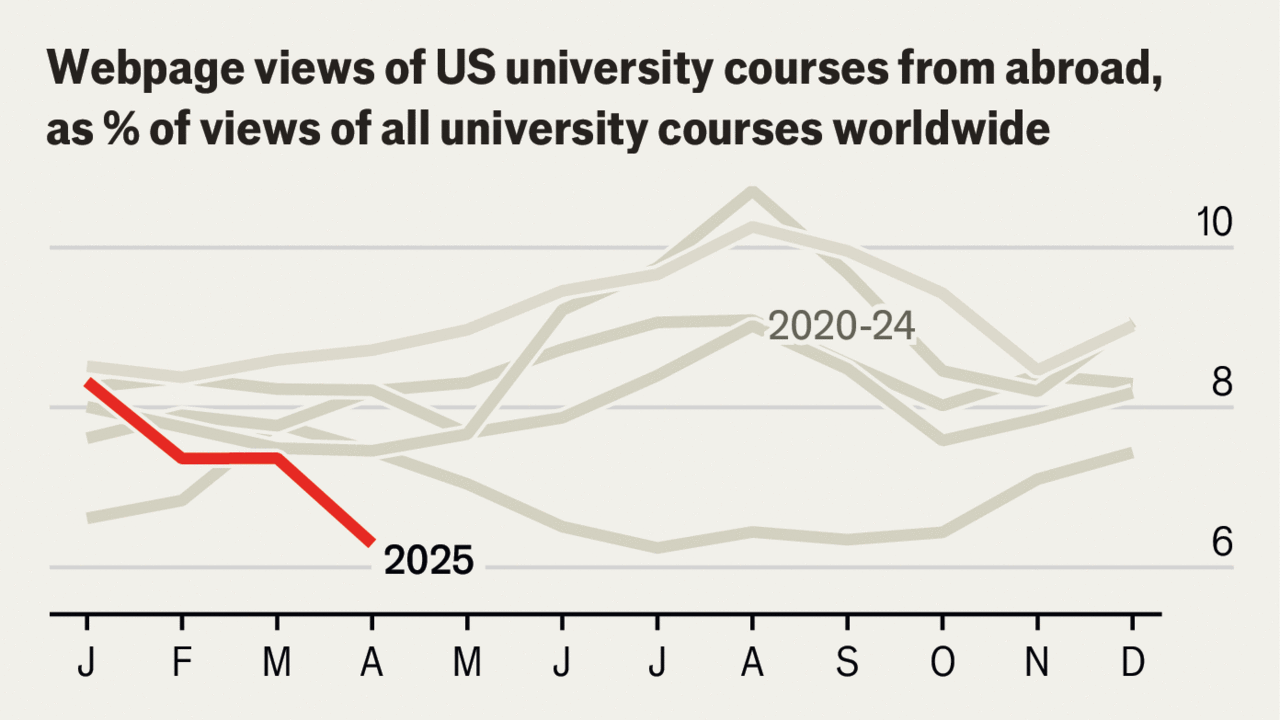Ironing out the 2026 budget of the euro zone’s second-largest economy will prove a “demanding” task, French Economy Minister Eric Lombard told CNBC’s Charlotte Reed, after lawmakers earlier this month finally adopted 2025’s financial plan after a spate of tumultuous, government-toppling attempts.
France has charted a trajectory to reduce its public deficit, aiming to reach 5.4% of the national GDP in 2025 and to dip below 3% in 2029, Lombard said. Under European Union spending rules, member states must keep their deficits below 3% of GDP.
“2026, yes, it is a very demanding budget, because we will continue to diminish the deficit and to be below, of course, below 5.4%, and probably below 5%,” the economy minister told CNBC on Monday, noting that the final target hadn’t been set in stone.
“We are going to work with all the political parties … to discuss, to talk with us. We are going, also, to work with the unions, with the employers, in order to reach a consensus on the main policies that are key for the country, and policies on which we can make adjustments that will allow us to spend less in 2026,” he said.
The absence of a budget and broader instability in French politics has bled into markets over recent months. Lombard conceded a “negative impact on growth,” expressing hope that investors will now return to France.
The country’s economic performance shriveled with a 0.1% contraction in the fourth quarter, from from 0.4% growth in the preceding three months, with the Bank of France expecting a meager 0.1-0.2% rise in the national GDP in the first quarter amid anticipated increases in market services and the energy sector, according to its latest monthly business survey. The International Monetary Fund anticipates the French economy will expand by 0.8% across the full-year 2025 period.
Pension reform
Now the budget has been finalized, focus has returned to the fate of discussions over French President Emmanuel Macron’s controversial — and highly contested — 2023 pension reform, which seeks to gradually lift the retirement age from 62 to 64 in a bid to keep the system solvent.
France’s new Prime Minister Francois Bayrou has signaled that the legislation could return to the agenda — providing something of a litmus test for those watching France’s efforts to rein in its deficits.
“I totally trust the representatives of the workers and of the employers,” Lombard told CNBC’s Reed. “And so they know that their responsibility is to find adjustment … And they have three months to do that, I am confident they can reach an agreement on that, and if they reach an agreement, of course, it will be put in front of the parliament, hopefully to be in the law as soon as this year.”
Fitch Ratings earlier this month struck a negative tone over a potential repeal of the legislation.
“Any rolling back of the reform could undo some of the planned fiscal consolidation over the medium term and would be moderately negative for the medium-term fiscal outlook, in our view. France’s pension-related expenditures are among the highest in the EU,” FitchRatings warned in a Feb. 10 note.

 Accounting1 week ago
Accounting1 week ago
 Economics1 week ago
Economics1 week ago
 Personal Finance1 week ago
Personal Finance1 week ago
 Accounting1 week ago
Accounting1 week ago
 Finance7 days ago
Finance7 days ago
 Economics1 week ago
Economics1 week ago
 Economics1 week ago
Economics1 week ago
 Economics1 week ago
Economics1 week ago






















